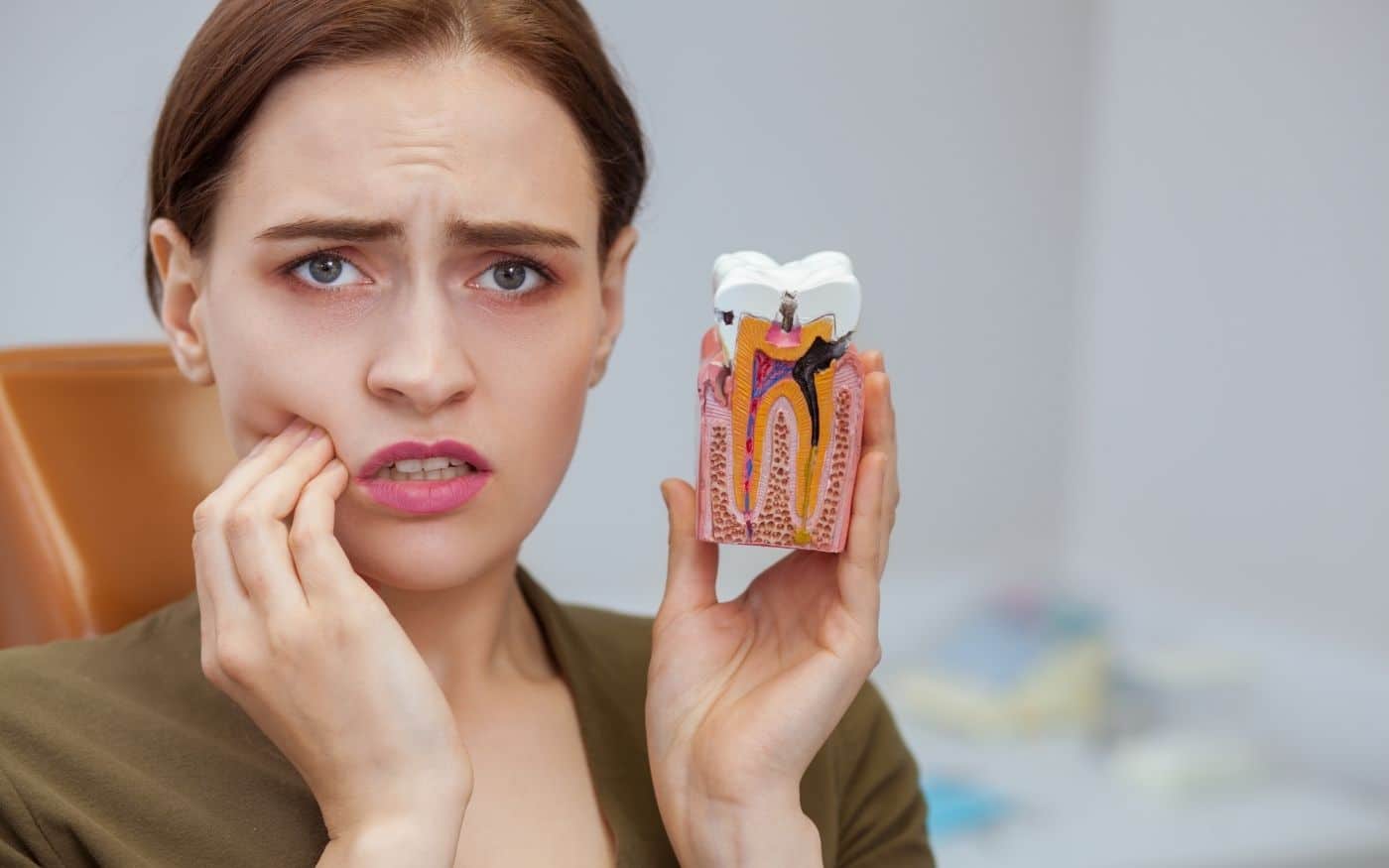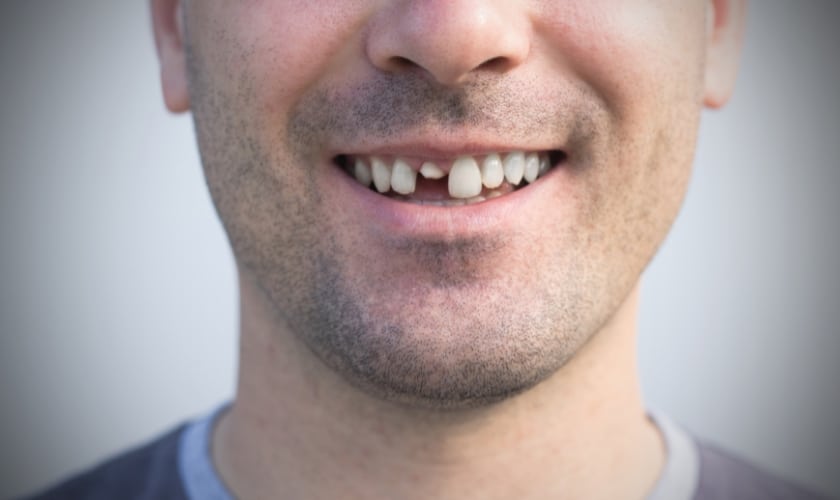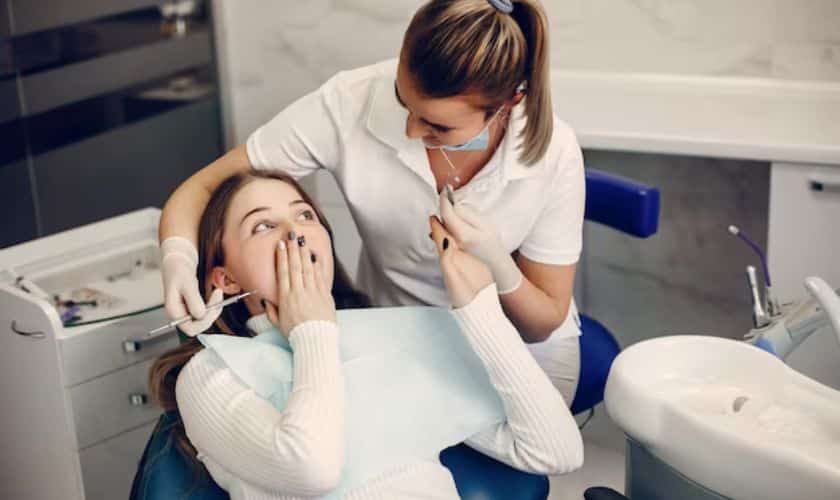
Dental emergencies can strike without warning. Knowing when to seek immediate care can make all the difference, whether it’s a sudden toothache or a more serious injury. Many people may ignore or delay treatment for dental issues, thinking they will resolve them independently. However, certain signs demand urgent attention from an emergency dentist. Recognizing these signs early can save you from more severe complications and longer recovery times.
This blog will help you identify when to contact an emergency dentist. We will discuss the key signs requiring immediate dental care and offer guidance on what to do if facing a dental emergency. If you ever need urgent dental care in Watford, you’ll know exactly when to act.
What Qualifies as a Dental Emergency?
A dental emergency requires immediate attention to alleviate pain, prevent further damage, or protect your overall health. This could include severe pain, a sudden injury to your teeth or gums, or symptoms of infection. Dental emergencies are often associated with conditions like tooth abscesses, broken teeth, or injuries that affect the soft tissues inside your mouth.
Immediate action is vital in a dental emergency to prevent complications such as permanent tooth damage, the spread of infection, or more severe health issues. For example, untreated infections can spread to other parts of your body and lead to more severe conditions, including fever and difficulty breathing. Similarly, delaying care for a cracked tooth could result in further damage, leading to more complex treatments or even tooth loss.
When you experience any of these signs, you must contact an emergency dentist immediately to avoid long-term damage. Immediate treatment is key to preventing further pain and complications.
Common Signs You Need an Emergency Dentist
- Severe Tooth Pain
Intense, persistent tooth pain is one of the most common signs that you need emergency dentistry. If pain lasts more than a few hours or worsens over time, it could indicate an infection, tooth abscess, or deep cavity. Ignoring this type of pain can lead to the spread of infection to the gums or surrounding teeth. An emergency dentist in Watford can quickly diagnose the cause and provide relief.
- Knocked-out or Loose Teeth
If you’ve lost a tooth due to an accident or injury, acting quickly is crucial. For a knocked-out tooth, try to retrieve it, rinse it gently with water, and place it in a glass of milk. This helps preserve the tooth’s viability. Then, contact an emergency dentist immediately. The sooner you seek care, the higher the chances of saving the tooth.
Similarly, if a tooth becomes loose, see an emergency dentist immediately to avoid further damage to the tooth or gums.
- Broken or Cracked Teeth
Even small fractures in your teeth can cause significant issues over time, especially if they reach the tooth’s pulp. A cracked tooth can lead to pain, sensitivity, and infection if left untreated. Visiting an emergency dentist immediately is important to prevent the crack from worsening and potentially requiring more extensive treatments like a root canal.
- Swelling in the Gums or Jaw
Swelling around your gums or jawline can indicate an infection, such as an abscess. An untreated abscess can lead to severe pain, fever, and the spread of infection to other parts of your body. If you notice swelling accompanied by throbbing pain, fever, or a bad taste in your mouth, contact an emergency dentist immediately for evaluation and treatment.
- Bleeding Gums that Don’t Stop
Occasional bleeding when brushing or flossing isn’t usually a major concern. However, if your gums continue to bleed and show no signs of stopping, it may indicate a more serious problem, like gum disease, injury, or infection. Persistent bleeding can cause discomfort and lead to long-term oral health problems, requiring prompt attention from an emergency dentist.
- Abscesses and Pimples on the Gums
An abscess or pimple-like bump on the gums is a sign of infection. It may be painful and filled with pus, and it should not be ignored. If left untreated, abscesses can lead to severe infections and even tooth loss. Seek immediate treatment from an emergency dentist to drain the abscess and eliminate the infection.
- Difficulty Swallowing or Breathing
If you experience difficulty swallowing or breathing, it could be a sign that an infection or injury affects your airways. This can be life-threatening and should be treated as a dental emergency. Contact an emergency dentist immediately to address the issue before it worsens.
- Broken Dental Appliances (Braces, Dentures)
If you wear braces, dentures, or other dental appliances, damage to them can cause discomfort or even injury. A broken wire or loose denture can lead to sores or infections in your mouth. An emergency dentist can quickly repair or adjust these appliances to prevent further issues.
Preventing Dental Emergencies
- Routine Care
One of the best ways to prevent dental emergencies is by maintaining regular dental check-ups. Visits to your dentist every six months can help detect potential issues before they become urgent. Professional cleanings and early intervention can prevent many common dental emergencies.
- Protective Gear
Wearing mouthguards during high-risk activities, like sports, can help prevent dental injuries. Whether playing contact sports or participating in recreational activities, a custom mouthguard can reduce the chances of broken or knocked-out teeth.
- Good Oral Hygiene
Brushing twice daily, flossing regularly, and using fluoride mouthwash can help keep your teeth and gums healthy. Healthy habits reduce the risk of cavities, infections, and gum disease, which can lead to dental emergencies.
Recognizing the signs of a dental emergency is crucial to maintaining good oral health. If you experience severe tooth pain, a knocked-out tooth, or swelling in the gums, it’s time to contact an emergency dentist immediately. Prompt action can prevent further damage and alleviate discomfort.
Remember, the best way to handle any dental crisis is to stay calm and seek help from an emergency dentist. Stay vigilant about your dental health to avoid unnecessary emergencies in the future.



